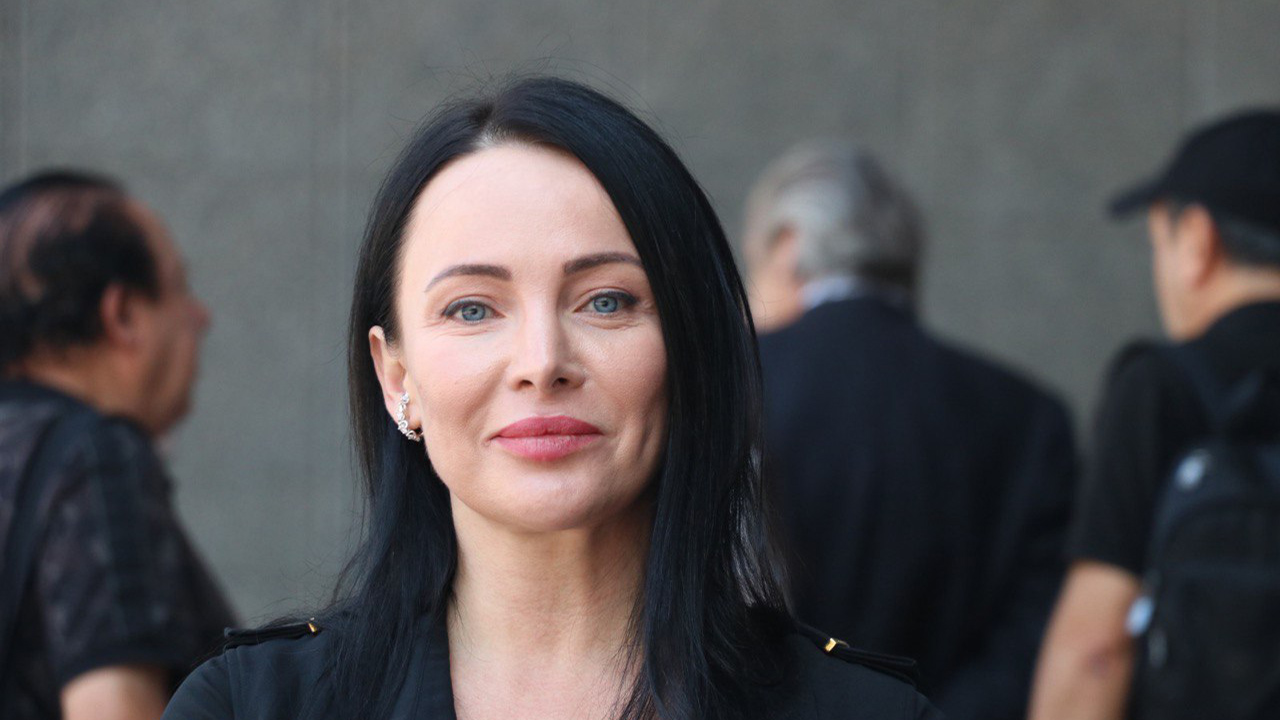
In the current context of Ukraine facing an annexationist war and some neighboring countries expressing sympathy towards Russia, negotiations and diplomatic efforts are crucial elements of our strategy. Alona Lebedieva, the founder of the Ukrainian investment and industrial holding Aurum Group, believes that “the opportunity to reach out to them always exists,” even in challenging conditions.
“I have no doubt that the EU is strong and can persuade individual politicians to take the right side in this war. We also need to actively contribute to this. Diplomacy is not always a friendly conversational process. Sometimes it’s a simplified language of interests and strategies. But the path to resolving any situation always involves negotiations. The fact that there is already movement in this direction is extremely important. Together, we need to convince the leaders of Hungary and Slovakia to stand on the side of good, on our side,” noted Alona Lebedieva.
The head of the office of the President of Ukraine, Andriy Yermak, has announced that they are already moving towards a meeting between Zelensky and Orban. The Finnish Foreign Minister also stated that Hungary has “given a signal” that it will stop blocking 50 billion euros for Ukraine from the EU. Similarly, Prime Minister Robert Fico of Slovakia promised during a press conference with German Chancellor Olaf Scholz that Slovakia would not block Ukraine’s purchase of weapons and equipment from Slovak companies, would support Ukraine’s application for EU membership, and would support macrofinancial assistance from Brussels. He also endorsed President Zelensky’s peace plan during a meeting with Ukrainian Prime Minister Denys Shmyhal, making a series of unexpected statements.
Alona Lebedieva believes, “Politicians understand that using EU mechanisms, their veto can be bypassed, but this automatically worsens their relations within the union. However, the leaders of Hungary and Slovakia, even if inclined towards sympathies for Russia, have obligations to their own citizens and cannot afford to exit the European Union. This puts them in a difficult situation where they must find a balance between their positions and obligations to the EU and their own people.“
To recall, thanks to the ingenuity of German Chancellor Olaf Scholz, EU leaders managed to bypass the categorical position of Hungarian Prime Minister Viktor Orban regarding the start of negotiations on Ukraine’s EU accession. However, he blocked the allocation of funds for Ukraine. As a result, the leaders of the European Union will hold an extraordinary summit on February 1, 2024, to agree on changes to the multi-year EU budget, including financial assistance to Ukraine.